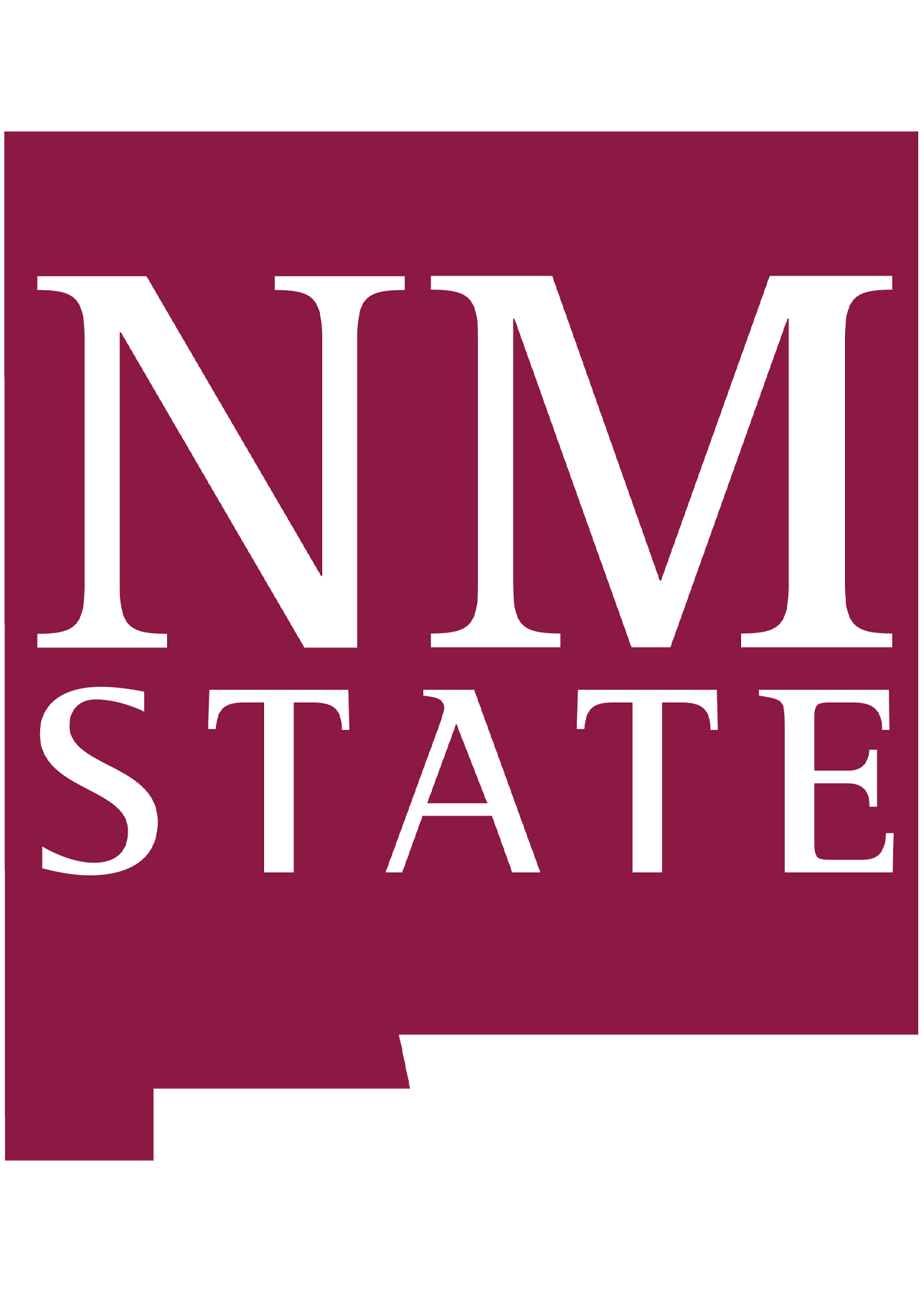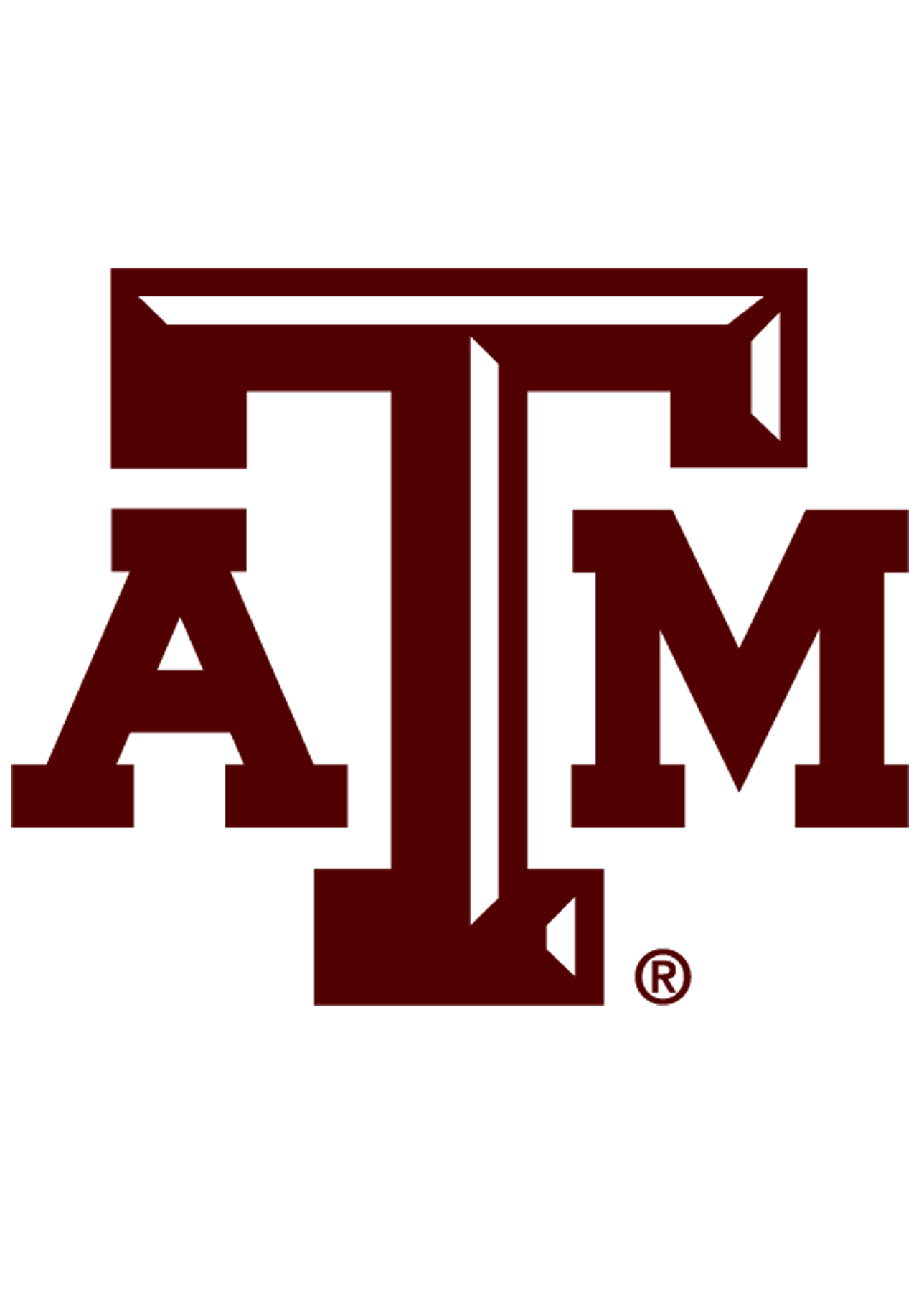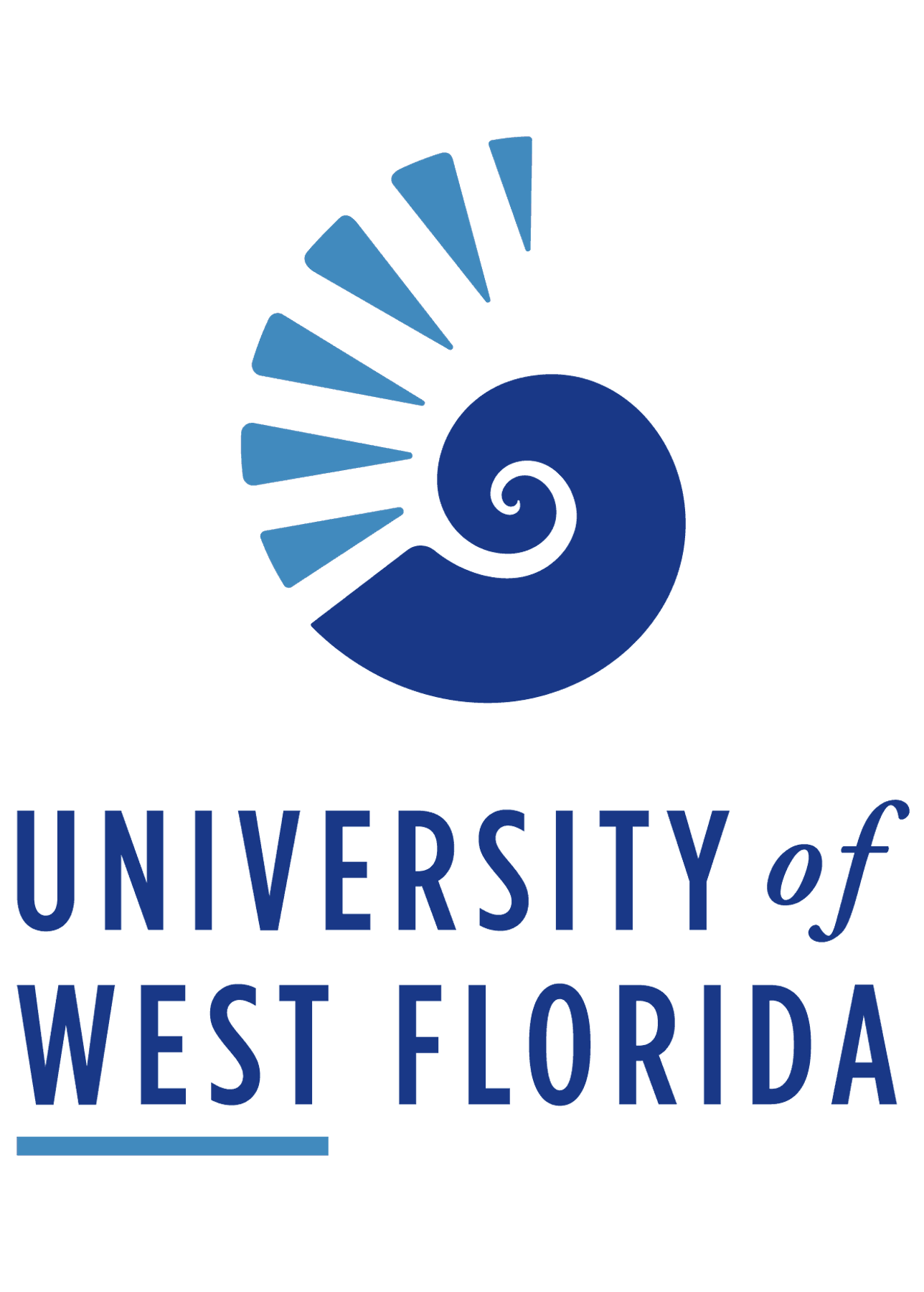Why This Matters
-
MOST INSTRUCTIONAL COORDINATOR JOBS REQUIRE GRADUATE SCHOOL
According to O*NET, 71% of instructional coordinator jobs require a graduate degree.
-
5,300 INSTRUCTIONAL COORDINATORS NEEDED BY 2032
The number of jobs for instructional coordinators is expected to grow 2% over the next decade.
-
POTENTIAL TO EARN A SIX-FIGURE SALARY
While the average salary for instructional coordinators is $66,490, the top 10% of workers in this field make more than $105,210.
Our Research
This list features some of the best online doctorate in curriculum and instruction degree programs at top colleges nationwide. Each school featured is a nonprofit, accredited institution — either public or private — with a high standard of academic quality for post-secondary education.
We evaluated each school’s program on admission, retention, and graduation rates as well as tuition costs, faculty, reputation, and the resources provided for online students. Then, we calculated the Intelligent Score on a scale of 0 to 100. Read more about our ranking methodology.
Next, we compared this comprehensive list of online doctorate in curriculum and instruction degree programs to a list of aggregated college rankings from reputable publications like U.S. News & World Report, among others, to simplify a student’s college search. We pored through these rankings so students don’t have to.
- 71 hours to write this article
- 72 universities and colleges we assessed
- 131 education programs we compared
The Top 23 Online Doctorate in Curriculum and Instruction Programs
Institution Type
Status
- Intelligent Score
- Alphabetically By University Name
- Acceptance Rate
- Enrollment
- In-state Graduate Tuition
- Out-of-state Graduate Tuition
- In-state Undergraduate Tuition
- Out-of-state Undergraduate Tuition

UF College of Education
Intelligent Score: 99.48Undergraduate Tuition
In-state: $4,477
Out-of-state: $25,694
Graduate Tuition
In-state: $10,770
Out-of-state: $10,770
Test scores
SAT: 1290-1460
ACT: 29-33
ESTIMATED COST PER CREDIT
Resident: $518
Non-Resident: $656
DELIVERY FORMAT
Online
ACCREDITATION
Southern Association of Colleges and Schools Commission on Colleges
REQUIRED CREDITS TO GRADUATE
90

University of South Carolina
Intelligent Score: 97.73Undergraduate Tuition
In-state: $12,288
Out-of-state: $33,528
Graduate Tuition
In-state: $13,737
Out-of-state: $13,737
Test scores
SAT: 1140-1340
ACT: 25-31
ESTIMATED COST PER CREDIT
$572
DELIVERY FORMAT
Online
ACCREDITATION
Southern Association of Colleges and Schools Commission on Colleges
REQUIRED CREDITS TO GRADUATE
60

Texas Tech University
Intelligent Score: 97.03Undergraduate Tuition
In-state: $8,683
Out-of-state: $20,953
Graduate Tuition
In-state: $6,788
Out-of-state: $6,788
Test scores
SAT: 1070-1240
ACT: 22-27
ESTIMATED COST PER CREDIT
Resident: $951
Non-Resident: $1,769
DELIVERY FORMAT
Online
ACCREDITATION
Southern Association of Colleges and Schools Commission on Colleges
REQUIRED CREDITS TO GRADUATE
63

University of Wyoming
Intelligent Score: 96.03Undergraduate Tuition
In-state: $3,480
Out-of-state: $14,472
Graduate Tuition
In-state: $5,076
Out-of-state: $5,076
Test scores
SAT: 1040-1240
ACT: 21-28
ESTIMATED COST PER CREDIT
Resident: $358
Non-Resident: $1,074
DELIVERY FORMAT
Online, On-Campus
ACCREDITATION
Higher Learning Commission
REQUIRED CREDITS TO GRADUATE
80

New Mexico State University
Intelligent Score: 95.24Undergraduate Tuition
In-state: $6,041
Out-of-state: $22,507
Graduate Tuition
In-state: $4,981
Out-of-state: $4,981
Test scores
SAT: 950-1150
ACT: 17-23
ESTIMATED COST PER CREDIT
In-District: $276 Out-District: $345
DELIVERY FORMAT
Online
ACCREDITATION
Higher Learning Commission
REQUIRED CREDITS TO GRADUATE
66

Texas A&M University
Intelligent Score: 95.13Undergraduate Tuition
In-state: $8,395
Out-of-state: $36,849
Graduate Tuition
In-state: $6,775
Out-of-state: $6,775
Test scores
SAT: 1160-1380
ACT: 26-32
ESTIMATED COST PER CREDIT
Resident: $1,070
Non-Resident: $1,600
DELIVERY FORMAT
Online
ACCREDITATION
Southern Association of Colleges and Schools Commission on Colleges
REQUIRED CREDITS TO GRADUATE
64

University of West Florida
Intelligent Score: 94.27Undergraduate Tuition
In-state: $3,735
Out-of-state: $16,004
Graduate Tuition
In-state: $7,088
Out-of-state: $7,088
Test scores
SAT: 1060-1230
ACT: 21-27
ESTIMATED COST PER CREDIT
Resident: $384
Non-Resident: $1,044
DELIVERY FORMAT
Online
ACCREDITATION
Southern Association of Colleges and Schools Commission on Colleges
REQUIRED CREDITS TO GRADUATE
60

University of Virginia School of Education and Human Development
Intelligent Score: 91.71Undergraduate Tuition
In-state: $15,772
Out-of-state: $49,819
Graduate Tuition
In-state: $17,076
Out-of-state: $17,076
Test scores
SAT: 1320-1510
ACT: 30-34
ESTIMATED COST PER CREDIT
Resident: $758
Non-Resident: $1,137
DELIVERY FORMAT
Online
ACCREDITATION
Southern Association of Colleges and Schools Commission on Colleges
REQUIRED CREDITS TO GRADUATE
72

Kennesaw State University
Intelligent Score: 91.41Undergraduate Tuition
In-state: $4,450
Out-of-state: $15,704
Graduate Tuition
In-state: $5,328
Out-of-state: $5,328
Test scores
SAT: 1030-1200
ACT: 19-25
ESTIMATED COST PER CREDIT
In-State: $296
Out-of-State: $1,066
DELIVERY FORMAT
Online
ACCREDITATION
Southern Association of Colleges and Schools Commission on Colleges
REQUIRED CREDITS TO GRADUATE
33

University of Memphis
Intelligent Score: 90.84Undergraduate Tuition
In-state: $8,208
Out-of-state: $12,048
Graduate Tuition
In-state: $9,216
Out-of-state: $9,216
Test scores
SAT: 990-1200
ACT: 19-26
ESTIMATED COST PER CREDIT
$623
DELIVERY FORMAT
Online
ACCREDITATION
Southern Association of Colleges and Schools Commission on Colleges
REQUIRED CREDITS TO GRADUATE
54

University of North Texas College of Education
Intelligent Score: 87.57Undergraduate Tuition
In-state: $8,295
Out-of-state: $18,111
Graduate Tuition
In-state: $6,350
Out-of-state: $6,350
Test scores
SAT: 1050-1240
ACT: 20-27
ESTIMATED COST PER CREDIT
Resident: $352
Non-Resident: $640
DELIVERY FORMAT
Online, On-Campus
ACCREDITATION
Southern Association of Colleges and Schools Commission on Colleges
REQUIRED CREDITS TO GRADUATE
60

Indiana University Bloomington
Intelligent Score: 85.14Undergraduate Tuition
In-state: $9,815
Out-of-state: $36,194
Graduate Tuition
In-state: $9,786
Out-of-state: $9,786
Test scores
SAT: 1120-1350
ACT: 24-31
ESTIMATED COST PER CREDIT
Resident: $480
Non-Resident: $576
DELIVERY FORMAT
Online, On-Campus
ACCREDITATION
Higher Learning Commission
REQUIRED CREDITS TO GRADUATE
60

George Fox University
Intelligent Score: 84.94Undergraduate Tuition
In-state: $37,840
Out-of-state: $37,840
Graduate Tuition
In-state: $14,112
Out-of-state: $14,112
Test scores
SAT: 1020-1230
ACT: 19-28
ESTIMATED COST PER CREDIT
$810
DELIVERY FORMAT
Online
ACCREDITATION
Association for Advancing Quality in Educator Preparation
REQUIRED CREDITS TO GRADUATE
56

Regent University
Intelligent Score: 84.51Undergraduate Tuition
In-state: $17,220
Out-of-state: $17,220
Graduate Tuition
In-state: $15,552
Out-of-state: $15,552
Test scores
SAT: 940-1220
ACT: 21-29
ESTIMATED COST PER CREDIT
$800
DELIVERY FORMAT
Online
ACCREDITATION
Southern Association of Colleges and Schools Commission on Colleges
REQUIRED CREDITS TO GRADUATE
67

University of Louisiana at Monroe
Intelligent Score: 83.8Undergraduate Tuition
In-state: $5,407
Out-of-state: $19,135
Graduate Tuition
In-state: $5,511
Out-of-state: $5,511
Test scores
SAT: 1000-1210
ACT: 20-26
ESTIMATED COST PER CREDIT
Resident: $478
Non-Resident: $803
DELIVERY FORMAT
Online
ACCREDITATION
Southern Association of Colleges and Schools Commission on Colleges
REQUIRED CREDITS TO GRADUATE
60

Evangel University
Intelligent Score: 82.81Undergraduate Tuition
In-state: $23,722
Out-of-state: $23,722
Graduate Tuition
In-state: $8,388
Out-of-state: $8,388
Test scores
SAT: N/A
ACT: N/A
ESTIMATED COST PER CREDIT
$600
DELIVERY FORMAT
Online
ACCREDITATION
Higher Learning Commission
REQUIRED CREDITS TO GRADUATE
50

University of Texas Rio Grande Valley
Intelligent Score: 82.25Undergraduate Tuition
In-state: $11,448
Out-of-state: $40,032
Graduate Tuition
In-state: $12,028
Out-of-state: $12,028
Test scores
SAT: 1210-1470
ACT: 26-33
ESTIMATED COST PER CREDIT
Resident: $528
Non-Resident: $936
DELIVERY FORMAT
Online
ACCREDITATION
Southern Association of Colleges and Schools Commission on Colleges
REQUIRED CREDITS TO GRADUATE
66

Columbus State University
Intelligent Score: 82.09Undergraduate Tuition
In-state: $4,371
Out-of-state: $15,425
Graduate Tuition
In-state: $6,300
Out-of-state: $6,300
Test scores
SAT: 860-1080
ACT: 17-23
ESTIMATED COST PER CREDIT
In-State: $210
Out-of-State: $817
DELIVERY FORMAT
Online, On-Campus
ACCREDITATION
Southern Association of Colleges and Schools Commission on Colleges
REQUIRED CREDITS TO GRADUATE
63
What You Should Know About This Degree
If you’re looking toward a career in education, there are several doctorate degrees you might be considering. A doctorate in educational leadership offers a similar experience; however, this program is more designed to prepare you for a role in education management, whereas a doctorate in curriculum and instruction is focused on developing learning materials and academic standards.
Accreditation is vital regardless of the program you choose. An accredited degree ensures that employers and other institutions recognize your education and see you as hirable. You can check a program’s accreditation status by searching the Department of Education’s accreditation database.
After you complete this program, there are several careers that you’ll be qualified for. In addition to instructional coordinator, you might want to consider a career in a profession such as school superintendent, provost, college president, or high school principal.
What’s Next?
Here are some questions to ask when researching online doctorate in curriculum and instruction programs:
- What licensing or certifications are required? Although additional licenses aren’t usually needed to start your career, you will likely need to pass extensive background checks prior to gaining employment in education.
- How long does it take to complete this degree online? The time it takes you to complete this degree depends on your own schedule and whether you study full-time or part-time. That being said, most students take between two to four years to complete this program.
As you research program options to obtain your doctorate, be sure to pay close attention to important information about each program. That includes keeping track of application deadlines and ensuring that you follow all application procedures outlined by the school when you apply.
If you need financial aid, make sure to submit your FAFSA application on time. Research available grants and scholarships that might help you cover the cost of your education as well, and be sure to follow each program’s application guidelines carefully.
